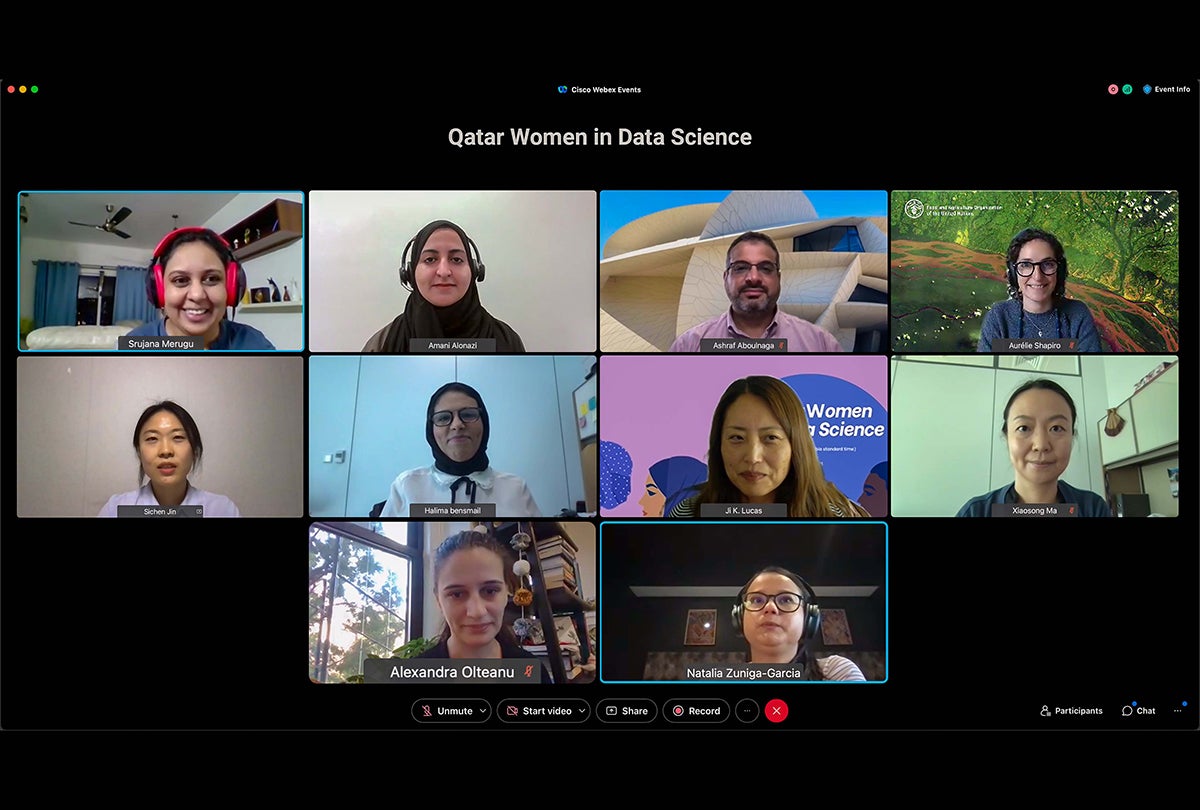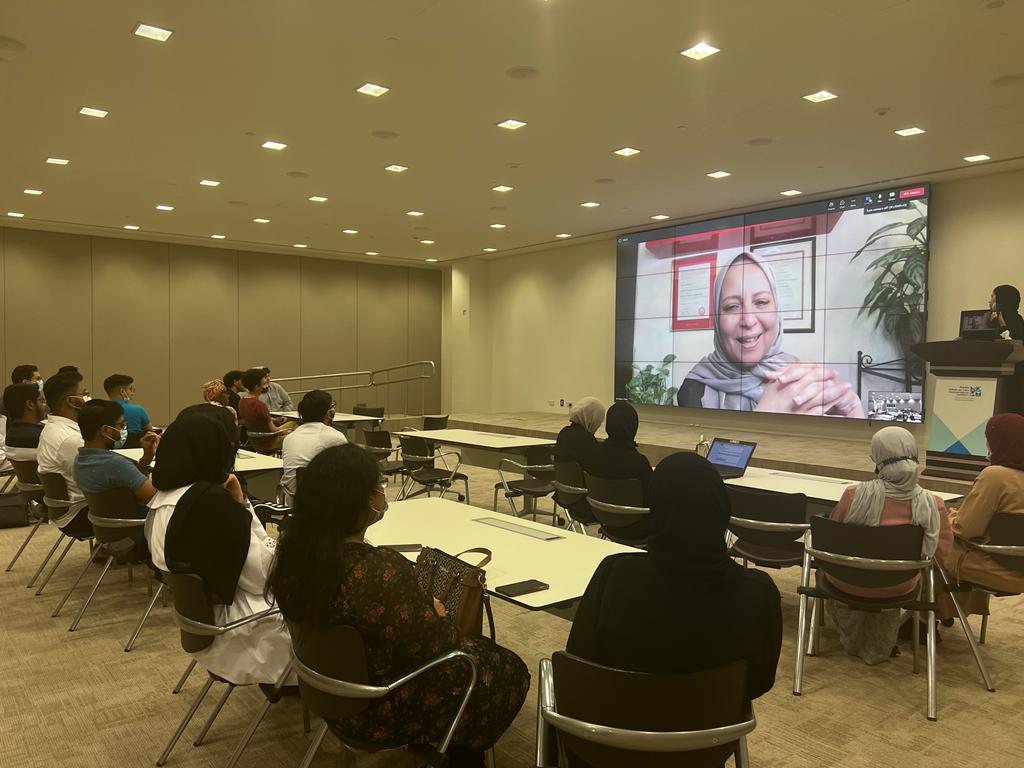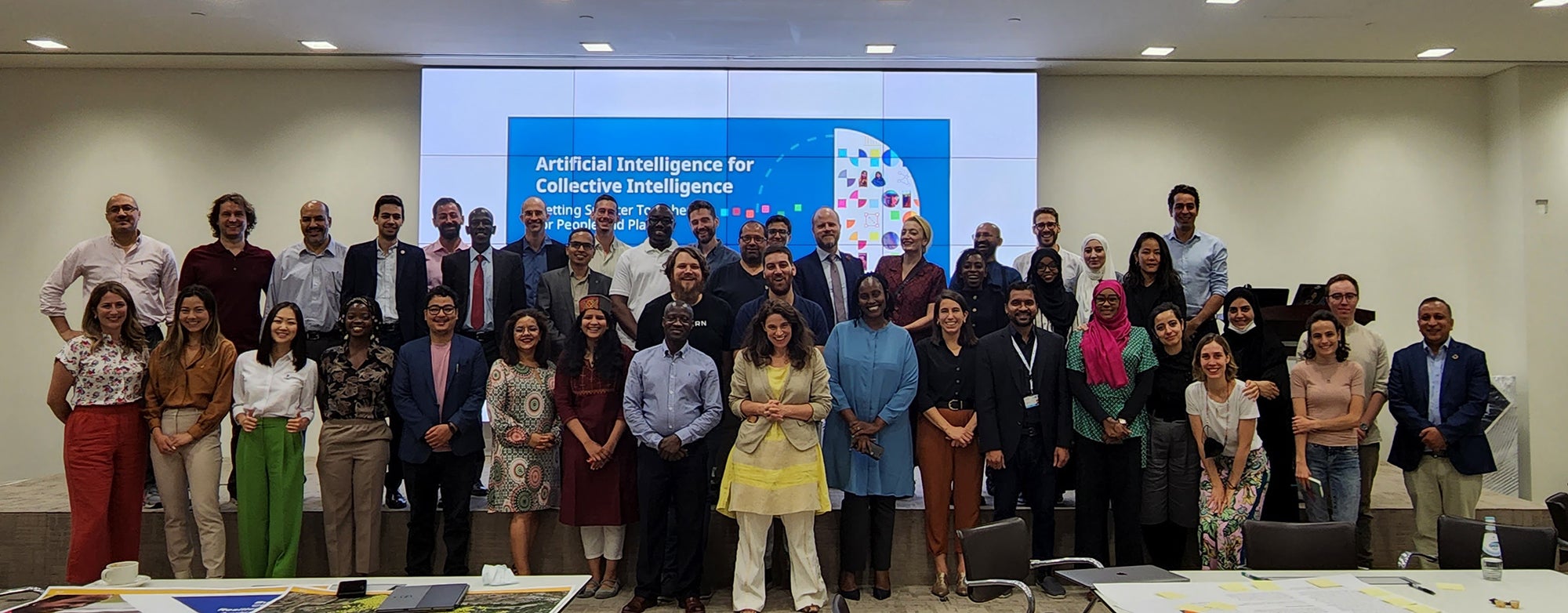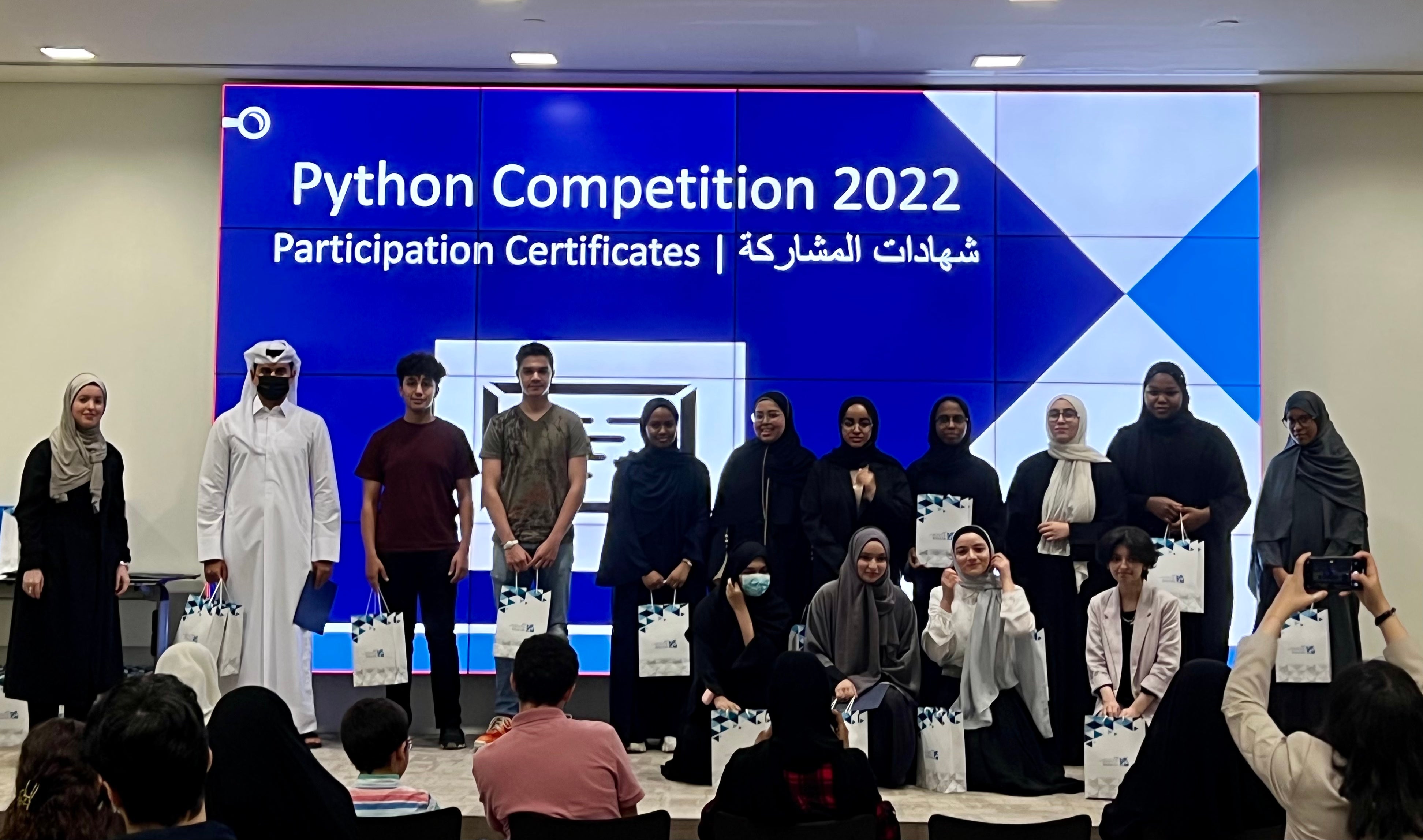QARTA supports local transportation companies with a highly accurate routing model that is up-to-date with road changes
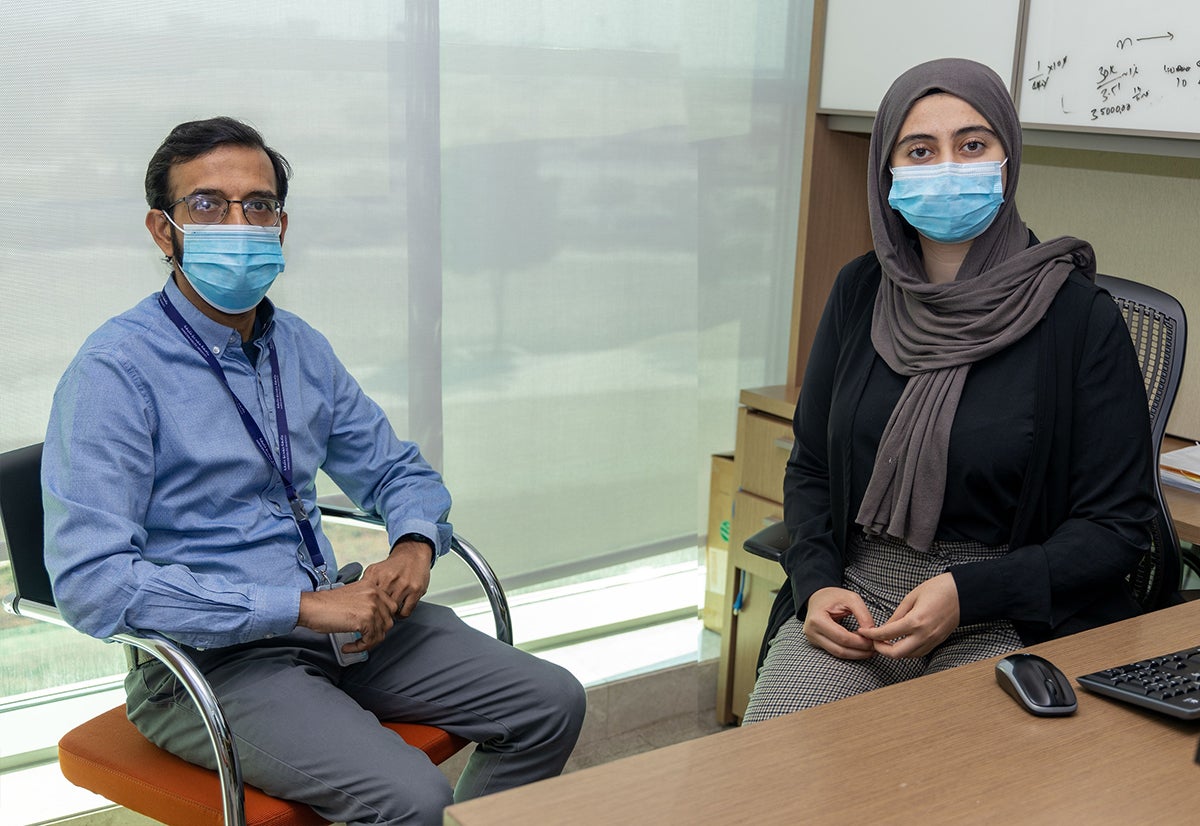
Qatar Computing Research Institute (QCRI), part of Hamad Bin Khalifa University (HBKU), has recorded the significant milestone of 100 million routing requests for its intelligent map-routing engine, QARTA, which is deployed at local transportation and food delivery companies Mowasalat and GoRafeeq. QCRI built the localized and highly traffic-aware OSM-based solution with proprietary software to be up-to-date with road changes in Doha’s fast-changing city landscape.
QARTA started as a research project on intelligent traffic-aware systems by QCRI’s Social Computing Research Group in early 2018. The team held their first meeting with national taxi company Mowasalat, which used Google Maps at the time. However, a need arose in late 2018 when several map providers increased the prices of their map API services. With business volume rising, costs for Mowasalat went up from a few thousand dollars to a few hundred thousand dollars per year.
By mid-2019, the QCRI team had a product ready for testing. Based on the quality of results, speed of the engine’s responses, and availability of resources, Mowasalat decided to switch to using QARTA’s services for its fleet of 3,000 vehicles at the end of 2019.
QCRI’s collaboration with Mowasalat ensured the research team had access to all taxi data in the country (both historic and live). That included pick-up and drop-off locations, time, duration, speed, fare, routes, as well as sampled GPS points for each trip. QCRI used this data to build a localized routing model that was up-to-date with the road changes in Doha’s fast-changing city landscape.
Ummar Abbas, senior software engineer at QCRI, explained: “From taxi companies and ride-sharing enterprises to package delivery companies and individual drivers, almost all are impacted by real-time traffic mapping capabilities. Currently, more than 90 percent of this market is controlled by proprietary software. Lower cost options would help to increase competition in Qatar’s market and potentially beyond.”
The model built by the QCRI team is used together with the open source OSRM and OSM technologies to build map routing APIs. Packaged with Docker technology and OSRM, this backend service is capable of serving millions of routing requests in real time and is on par with Google Maps in terms of its estimated time of arrival (ETA) accuracy. QARTA enables robust in-traffic operations by exposing a set of API endpoints (similar to Google Maps and similar applications), allowing multiple types of interactions between the map engine and end user. In addition, QARTA supports basic routing as well as complex route operations and estimated ETA predictions.
The engine’s unique benefits include accuracy and predicting ETAs with a high degree of precision that is comparable to leading mapping applications. A flexible system architecture easily accommodates other map formats and countries. Use of QCRI's proprietary technology to inject traffic data into maps to account for special or unique traffic situations means that QARTA is exceptionally robust. The solution is also scalable and capable of serving millions of routing requests in real time. It is economical and delivers comparable functionality to leading traffic-aware mapping applications at a significantly lower market price.
Malath Anaya, software engineer at QCRI, said: “Like Qatar, many fast-growing countries and cities in the Middle East, Africa, and Southern Asia are significantly expanding their infrastructure, creating a real opportunity for more functional and promptly updated digital maps. We plan to take QARTA beyond local impact in Qatar to other international markets,”.
The engine development was led by former QCRI scientists Dr. Sofiane Abbar and Dr. Rade Stanojevic, and is currently maintained by Abbas and Anaya.
QCRI conducts innovative multidisciplinary applied computing research that is relevant to the needs of Qatar, the wider Arab region and the world. For more information on QARTA, please visit https://qarta.io.
Related News
